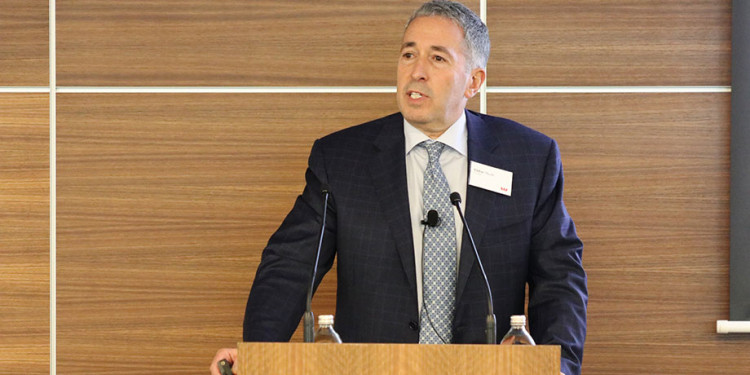
“Poverty affects people’s ability to think clearly,” says Princeton University’s Prof Eldar Shafir.
“Poverty affects people’s ability to think clearly,” says Princeton University’s Prof Eldar Shafir.
The Professor of Behavioural Science and Public Policy was speaking at an Inclusive Growth Symposium at Westpac’s Auckland office about the cognitive capacity of adults and how poverty impacts decision-making.
“People living in poverty are just as capable cognitively as people on higher incomes, however, it’s clear that poverty makes people less able to focus due to stress.
“If you don’t have to worry about whether you can pay rent or afford lunch, you have much more bandwidth to make better decisions,” says Shafir, who was also an advisor to President Obama.
Shafir has studied the psychology of scarcity and how it impacts decision-making in everyday life.
He was a co-author of the 2013 paper ‘Poverty Impedes Cognitive Function’.
“To a person who has money, small expenses like buying lunch with a friend or buying a book are expenses that they might not even pay attention to.
“But for a poor person, even small expenses are not without tradeoffs and that context alters the mind.
“If you have insufficient resources then you have to give up something else for that expense.”
This is an example of the extra stress that poverty causes on the mind.
“We are very limited organisms, our cognitive capacity is limited. When you’re focused on urgent matters, like rent and finances, other things are in the periphery- so that’s when you’re going to neglect other things in your life,” he said.
Shafir says that the stress of scarcity is fluid though, depending on if it’s a day that you’re worried about paying bills, or if it’s a day that you just got paid.
Therefore, employers have the ability to help if they’re able to pay a worker two days before their rent is due, rather than two days after.
“Think about the nuances that can make a worker’s life more manageable and therefore they will also perform better if they’re under less stress,” he says.
Professor Shafir’s research is based on the U.S., where around 100 million Americans struggle financially each month.
“When we talk about the poor, people can have the impression of a disheveled homeless person, but in the U.S., we have around a third of the population struggling.
“Those people are impaired by not being able to focus well.
“These could be nurses, waiters or bus drivers and these are people we want to do well,” he says.
